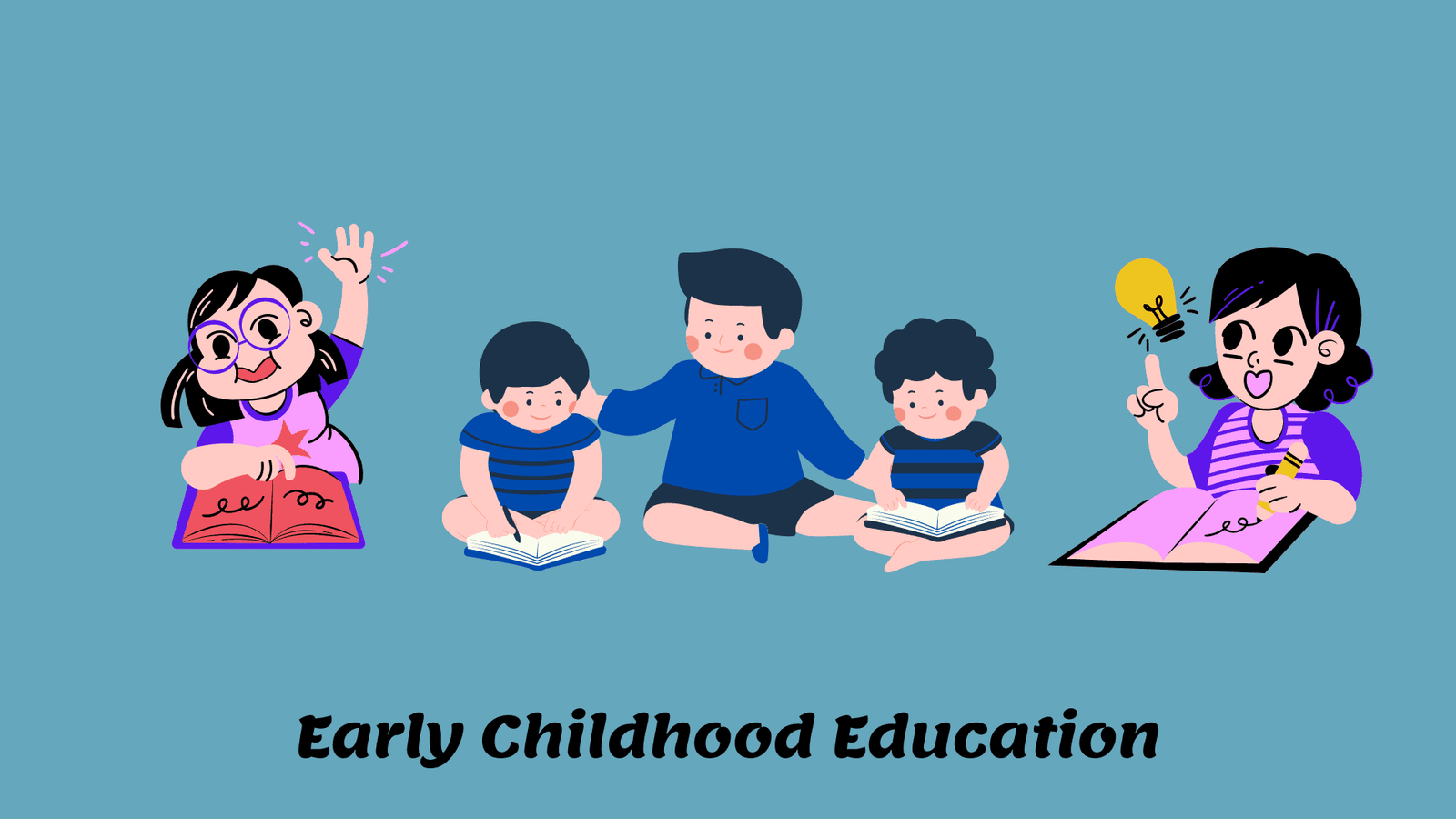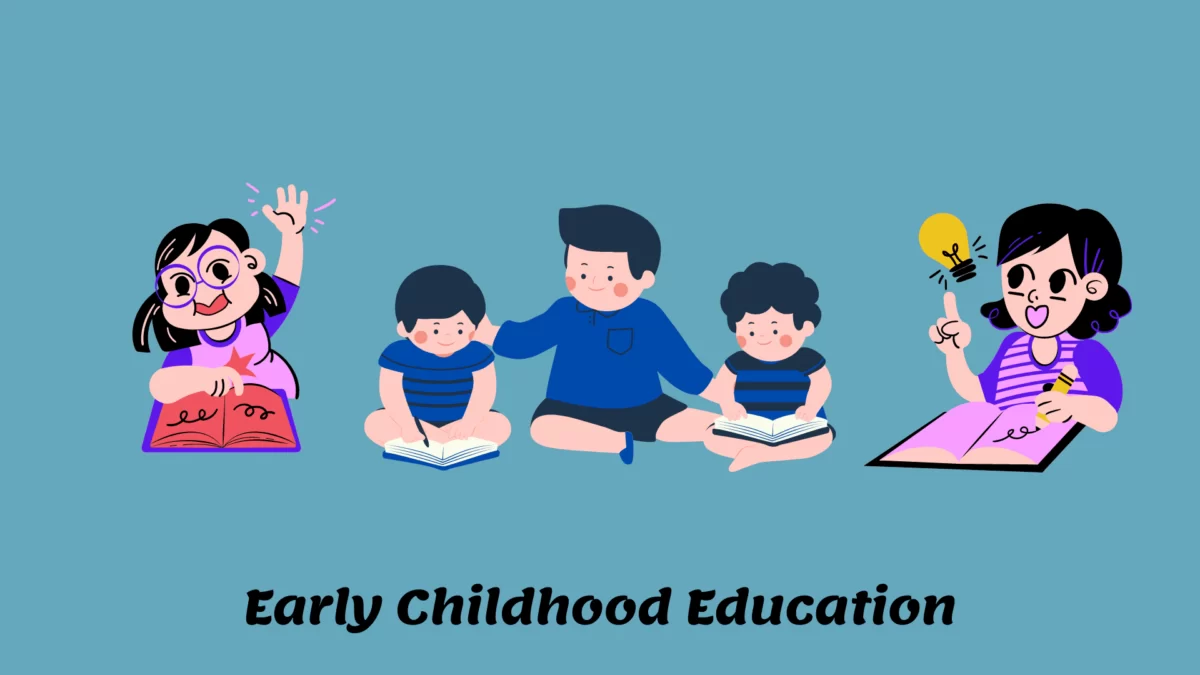Learn how to become an accountant and embark on a rewarding career in the financial industry. Develop the skills to analyze financial records and solve complex problems. Explore the field of accounting and learn about the skills, education, and certifications required to become an accountant. Discover various career paths in accounting and growth opportunities. Find out how to gain practical experience and specialize in a specific area of accounting. Enhance your career prospects through continuous professional development and networking. Get tips on job searching and crafting a resume that highlights your adaptability to the evolving field of accounting. Unlock opportunities for career growth and advancement through training programs and additional certifications. Invest in your professional development and stay updated on the latest accounting principles and practices for long-term success in the accounting field.
A Guide to Become an Accountant: Education, Skills, Experience, and Career Growth
Accounting is a field that offers a wide range of opportunities and career paths. Whether you want to work in a corporate setting, for a small business, or even start your accounting firm, there are many options available to you. The demand for accountants is also on the rise, with the Bureau of Labor Statistics projecting a 10% growth in the field over the next decade. Explore the possibility of time travel and its challenges.
Before embarking on your journey to become an accountant. It’s important to understand the skills and qualifications required for the profession. While a strong aptitude for numbers is essential, accountants also need to possess excellent analytical and problem-solving skills. Attention to detail is crucial, as accountants are responsible for ensuring the accuracy of financial records and identifying any discrepancies.
Regarding education, most accountants hold at least a bachelor’s degree in accounting or a related field. A degree in finance or business administration can also be a good foundation for a career in accounting. Some positions may require a master’s degree or additional certifications, such as becoming a Certified Public Accountant (CPA).
To become a CPA, you will need to pass the Uniform CPA Examination, which consists of four sections: Auditing and Attestation, Business Environment and Concepts, Financial Accounting and Reporting, and Regulation. Each section of the exam tests your knowledge and skills in different areas of accounting and business law.
Once you have obtained the necessary education and certifications, you can start applying for entry-level accounting positions. These can include roles such as staff accountant, tax associate, or internal auditor. Gaining practical experience is crucial in the accounting field. As it allows you to apply your knowledge in real-world scenarios and develop your skills further.
As you progress in your career, you may have the opportunity to specialize in a particular area of accounting. Such as tax accounting, forensic accounting, or management accounting. Specializing can open up new career opportunities and allow you to become an expert in your chosen field.
In conclusion, becoming an accountant requires a combination of education, certification, and practical experience. It is a field that offers a variety of career paths and opportunities for growth. If you have a passion for numbers and a strong attention to detail. A career in accounting may be the right choice for you.
Obtaining the necessary education is one of the crucial steps towards becoming a successful accountant. A bachelor’s degree in accounting or a related field is typically the minimum requirement. Some employers may prefer candidates with a master’s degree in accounting or a related field. Having a higher level of education can provide individuals with a deeper understanding of the complex financial concepts and principles that are essential in the field of accounting.
When choosing a degree program, it is essential to ensure that it is accredited by a recognized accrediting agency. Accreditation ensures that the program meets certain standards of quality and that the education you receive will be recognized by employers and professional organizations. It is worth noting that attending an accredited program can also have an impact on your eligibility for certain professional certifications, such as the Certified Public Accountant (CPA) designation.
In addition to formal education, aspiring accountants can also benefit from obtaining professional certifications. These certifications can enhance your credentials and make you more competitive in the job market. For example, the Certified Public Accountant (CPA) certification is highly regarded in the accounting profession and can open doors to various career opportunities. To become a CPA, individuals must meet specific educational requirements, pass a rigorous exam, and fulfill any additional state-specific requirements.
Another certification that can be advantageous for accountants is the Certified Management Accountant (CMA) certification. This certification is offered by the Institute of Management Accountants (IMA) and is designed to validate an individual’s expertise in management accounting and financial management. The CMA certification can demonstrate your proficiency in areas such as financial planning, analysis, control, and decision support.
Overall, obtaining the necessary education and professional certifications can greatly enhance your career prospects as an accountant. These qualifications not only provide you with the knowledge and skills needed to excel in the field. But also demonstrate your commitment to professional development and continuous learning.
Skills and Qualities
While education is important, certain skills and qualities are essential for success in the field of accounting. Some of these include:
- Attention to detail: Accountants need to have a keen eye for detail to ensure accuracy in their work. They meticulously review financial records, double-check calculations, and ensure that all transactions are recorded correctly. This attention to detail is crucial in producing accurate financial statements and reports.
- Analytical skills: Accountants must be able to analyze financial data and make informed decisions based on their findings. They use their analytical skills to interpret financial statements, identify trends, and provide valuable insights to clients or management. These skills enable them to assess the financial health of an organization and recommend strategies for improvement.
- Organizational skills: Accountants often work with a large amount of data and need to be organized to keep track of it all. They must be able to manage multiple tasks, meet deadlines, and maintain an organized system for storing and retrieving financial records. This requires strong organizational skills and the ability to prioritize tasks effectively.
- Integrity: Accountants handle sensitive financial information and must be trustworthy and ethical in their work. They have access to confidential data, such as payroll records and tax information, and must maintain the highest level of integrity. Accountants adhere to professional standards and ethical guidelines to ensure the confidentiality and accuracy of financial information.
- Communication skills: Accountants often need to explain complex financial concepts to clients or colleagues, so good communication skills are essential. They must be able to convey financial information clearly and concisely, using language that is easily understood by non-financial professionals. Effective communication skills enable accountants to build strong relationships with clients, provide financial advice, and collaborate with colleagues on projects.
In addition to these skills and qualities, accountants should also have a strong understanding of accounting principles, tax regulations, and financial software. They should stay updated with the latest developments in the field and continuously enhance their knowledge and skills through professional development opportunities.
Additionally, joining professional organizations can be a great way to gain experience in the field of accounting. These organizations often offer networking events, workshops, and seminars that can enhance your knowledge and skills. They may also have mentorship programs where you can learn from experienced professionals in the industry.
Furthermore, taking on freelance accounting projects can also help you gain practical experience. This can involve working with small businesses or individuals who need assistance with their financial records or tax preparation. Freelancing not only allows you to apply your accounting knowledge in real-world scenarios but also helps you develop your problem-solving and communication skills.
Moreover, seeking out opportunities to work on accounting projects within your educational institution can also be beneficial. Many universities have accounting clubs or organizations where students can collaborate on accounting-related projects. This can provide you with hands-on experience while working alongside your peers and receiving guidance from faculty members.
Lastly, it is important to continuously stay updated with the latest accounting software and technologies. Familiarize yourself with popular accounting software. Such as QuickBooks or Excel can make you a more competitive candidate in the job market. Additionally, staying informed about industry trends and changes in accounting regulations can demonstrate your commitment to professional growth and development.
In conclusion, gaining practical experience is essential for aspiring accountants. Whether through internships, volunteering, joining professional organizations, freelancing, or working on projects within your educational institution, these experiences can enhance your skills, expand your network, and make you a more competitive candidate in the accounting field.
Continuing professional development (CPD)
Continuing professional development (CPD) is a vital component of a successful accounting career. It is crucial to stay updated with the latest industry trends, regulations, and best practices. CPD ensures that accountants are equipped with the knowledge and skills necessary to provide high-quality services to their clients or employers.
There are various avenues available for accountants to pursue CPD. Attending seminars and workshops organized by professional accounting bodies or industry associations is one such option. These events provide opportunities to learn from experts in the field, gain insights into emerging trends, and network with fellow professionals. Furthermore, pursuing additional certifications can significantly enhance an accountant’s professional development.
Certifications such as Certified Public Accountant (CPA), Chartered Accountant (CA), or Certified Management Accountant (CMA) demonstrate a commitment to continuous learning and professional growth. These certifications not only validate an accountant’s expertise but also open doors to new career opportunities and higher salaries. In addition to formal training and certifications, accountants can also engage in self-directed learning. This can involve reading industry publications, attending webinars, or participating in online courses.
The internet has made it easier than ever to access a wealth of resources and connect with experts from around the world. Networking plays a crucial role in professional development. By building a strong professional network, accountants can tap into a vast pool of knowledge and experience. Networking events, such as industry conferences and local chapter meetings. Provide opportunities to meet and connect with other professionals in the field. These connections can lead to valuable mentorship, job opportunities, and collaborative partnerships.
Moreover, the advent of social media has revolutionized networking in the accounting profession. Online forums, LinkedIn groups, and Twitter chats allow accountants to engage in discussions, share insights, and build relationships with professionals from all over the world.
These virtual communities provide a platform for accountants to showcase their expertise, seek advice, and stay updated with the latest industry news. In conclusion, networking and professional development are essential for accountants to thrive in their careers. By actively participating in networking events, pursuing additional certifications, and engaging in continuous learning. Accountants can stay at the forefront of their profession and unlock new opportunities for growth and success.
Another avenue to explore in your job search is utilizing the services of a recruitment agency or headhunter. These professionals specialize in matching candidates with the right job opportunities based on their skills, experience, and career goals. They often have access to exclusive job openings and can provide valuable guidance and support throughout the application and interview process.
In addition to traditional job search methods, it is also worth considering the power of social media in your quest for accounting positions. Platforms like LinkedIn can be a great way to connect with professionals in the industry, join relevant groups and communities, and stay updated on job openings. Building a strong online presence and showcasing your expertise can attract the attention of potential employers and increase your chances of landing your dream job.
When crafting your resume and cover letter, it is important to not only highlight your skills and experience. But also demonstrate your ability to adapt to the evolving field of accounting. The industry is constantly changing, with advancements in technology and new regulations shaping the way accountants work. Showcasing your willingness to learn and adapt can make you a valuable asset to any organization.
Once you have secured a position as an accountant, the opportunities for career growth and advancement are abundant. Many organizations offer training programs and professional development opportunities to help their employees expand their skill sets and advance in their careers. Taking advantage of these programs can not only enhance your knowledge and expertise. But also demonstrate your commitment to personal and professional growth.
Networking is also crucial for career growth in the accounting field. Attending industry events, joining professional associations, and actively participating in online communities can help you build relationships with other professionals in the field. These connections can lead to mentorship opportunities, job referrals, and valuable insights into the latest trends and best practices.
Furthermore, obtaining additional certifications can significantly boost your career prospects in accounting. Certifications such as Certified Public Accountant (CPA), Certified Management Accountant (CMA), and Certified Internal Auditor (CIA) are highly regarded in the industry and can open doors to higher-level positions and increase earning potential. Continuing education and staying updated on the latest accounting principles and practices are essential for long-term career success.
In conclusion, the job search for accounting positions requires a combination of traditional and modern approaches. Tailoring your application materials, utilizing the services of recruitment agencies, leveraging social media, and networking can all contribute to finding the right job opportunity. Once you have secured a position, investing in professional development, networking, and obtaining additional certifications can pave the way for long-term career growth and success in the field of accounting.














